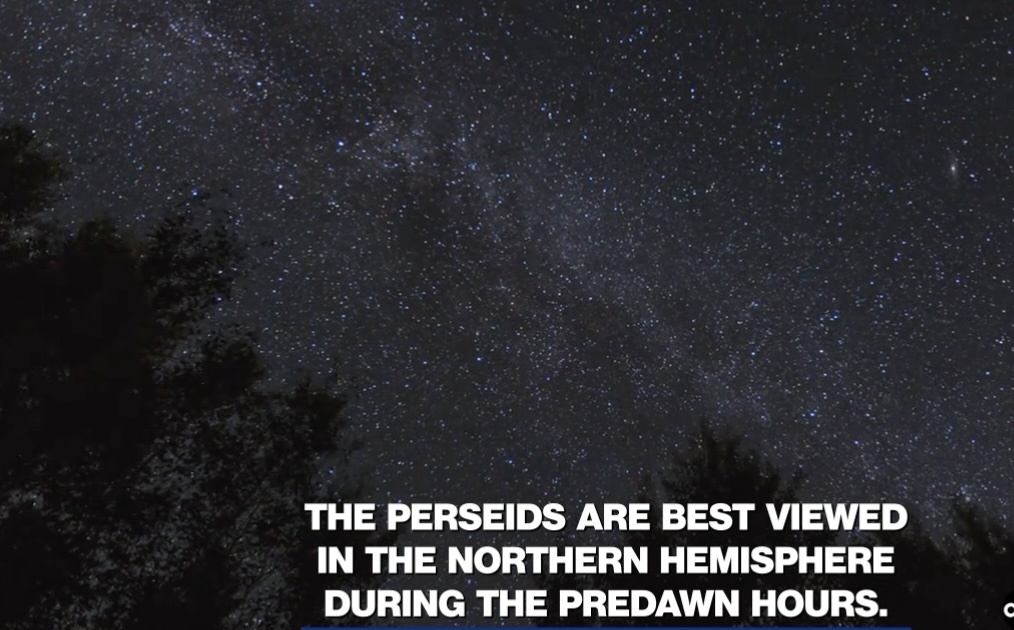10.08.2024
The Perseids showcase approximately 50 to 100 meteors per hour.

The next great sky show is coming soon, and it is forecast to be one of the most awe-inspiring shooting star displays of 2024.
Appearing annually between late July and mid-August, the Perseid meteor shower is expected to reach its peak on the evening of Sunday, Aug. 11, and before dawn on Monday, Aug. 12, according to NASA.
Marking one of the most plentiful meteor showers in the Northern Hemisphere, the Perseids showcase approximately 50 to 100 meteors per hour, NASA reports.
In addition to the plentiful showcase, the Perseids -- which get their name from the constellation Perseus -- are famous for bringing fireballs, bright colors and long meteor tails to the night sky.
"Fireballs are larger explosions of light and color that can persist longer than an average meteor streak," according to NASA.
Skywatchers in the Southern Hemisphere, from the equator to mid-latitudes, will still get a glimpse of the shower, though it will be less pronounced than in the north.
Unfortunately, the agency notes that viewing the meteor shower this year will be "slightly impacted" by the Moon, which will be waxing at 53% in its cycle, lending more brightness in the sky to take away from the view.
The best time to view the Perseids will be past Midnight and it will become more pronounced as the sky darkens, according to NASA.
Additionally, those viewing the shower in remote locations, away from city lights, will have the best chance at a clear view, NASA says.
So, where do the Perseids come from and why do they appear annually?
Meteors are produced from comet particles and debris from broken asteroids. When comets and asteroids navigate around the Sun, they create a train of dust and debris in their wake.
Each year, the Earth rotates through the trail of debris, allowing it to impact the atmosphere and become visible to the naked eye.
Quelle: abcNews
